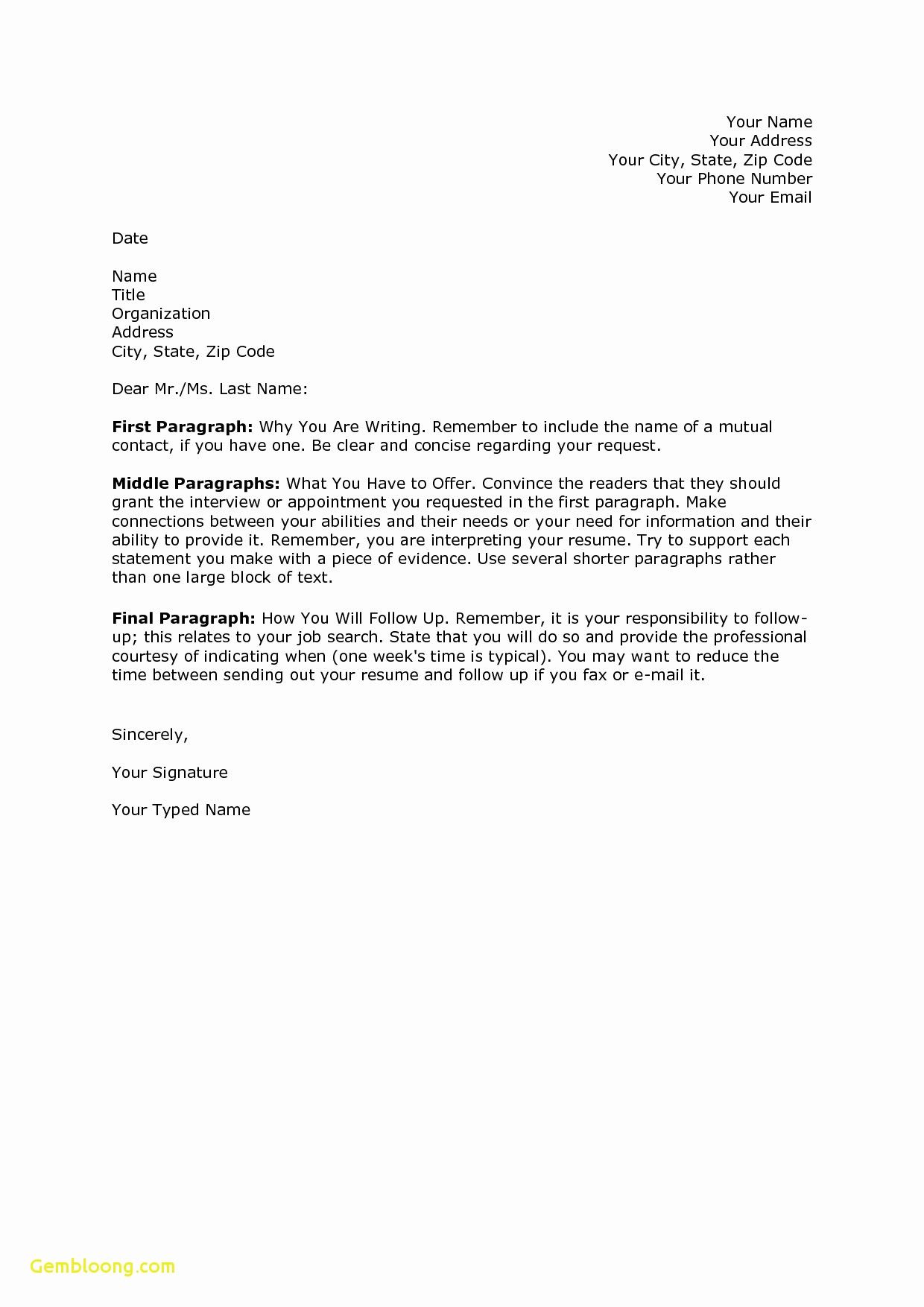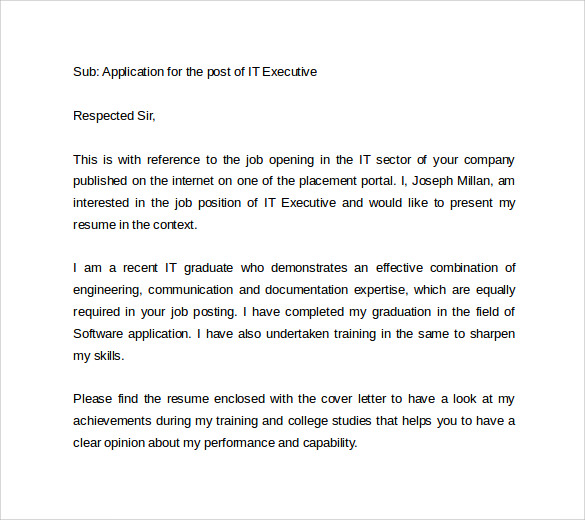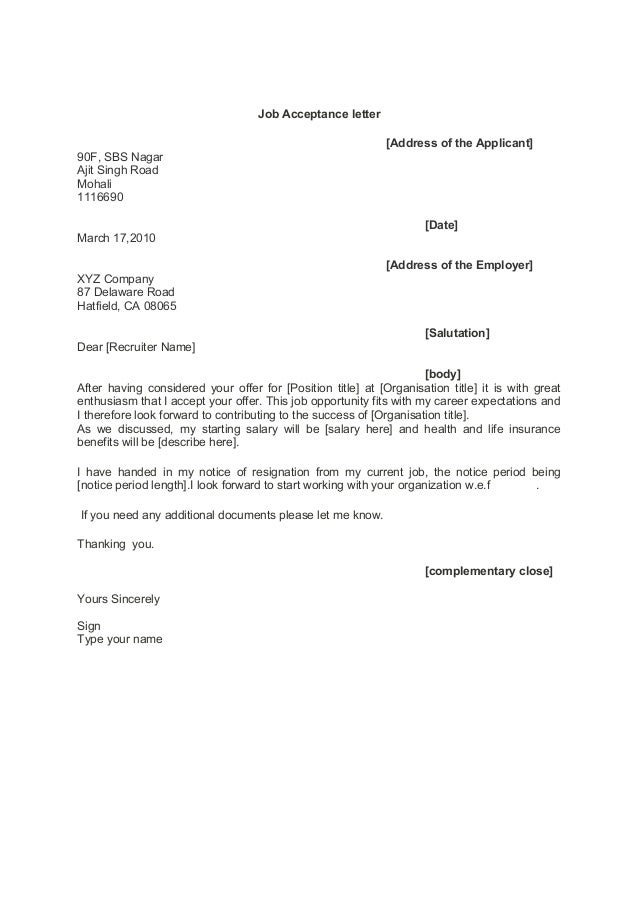
The word "opportunity" is vague opportunity to do what?.Are you inquiring about future employment possibilities?.Do you want a summer internship, a co-op, a field-study?.In the rare case you print hard copy, you could sign above your printed name.ĭon't make the reader guess what you are seeking. Not needed on a document attached to email (you're not printing it).A letter in document format can have a subject line after recipient's address block and before "Dear Ms./Mr./Dr.".Email subject lines can make or break whether your email is opened and read. Email requires a subject line logical to the recipient.In email, your signature block (address, etc.) goes below your name, after your email content.It's now very rare to actually physically mail hard copy when applying for jobs.


That document could then be sent as an attachment to an email (with a clear, concise description of what is attached and why). Sometimes, in very formal and/or traditional fields, letters are written as documents with certain formatting.
#Proper cover letter layout professional
In most situations, email is the medium for professional communication in the job search. Your friend might forward your email to another contact who can then see your writing style, focus, and professionalism.

A letter doesn't apply to that situation. In person, you have a conversation, so you're talking to the employer about why you're interested in their job, and offering your resume. A cover letter is personalized and individualized to the employer. If you are submitting your resume online (sometimes to an employer's Applicant Tracking System, called ATS a thing that's good to know about), do what the employer instructs! If there are no instruction, a cover letter can help. If you are speaking to an employer at a career fair (or other event), no. If you're sending your resume via email, yes.


 0 kommentar(er)
0 kommentar(er)
